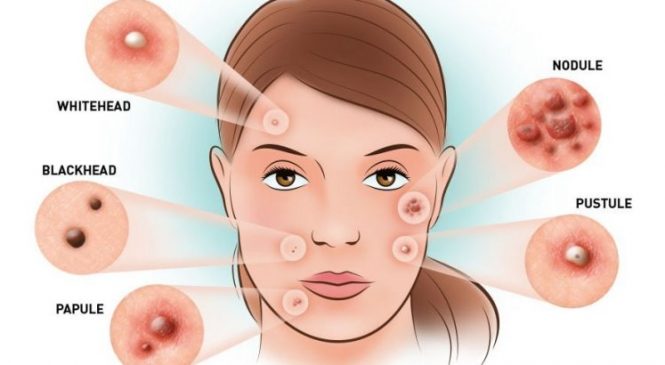Misconceptions And Facts Concerning Acne: Debunking Common Misconceptions
Misconceptions And Facts Concerning Acne: Debunking Common Misconceptions
Blog Article
Short Article Writer-Joyner Powers
You could assume that delighting in chocolate or oily foods is the source of your acne, but that's just one of lots of misconceptions swirling around this common skin condition. In fact, acne mainly stems from clogged hair roots, not your last treat. Misunderstandings like these can lead you to take on inadequate skin care techniques that may also worsen your situation. As you browse the facts behind acne, you'll find understandings that can transform your technique to skincare and aid you achieve more clear skin. So, what truly lies under the surface?
Common Myths Concerning Acne
When it involves acne, many individuals believe in typical misconceptions that can result in confusion and aggravation. One common misconception is that consuming chocolate or oily foods creates acne. While diet can influence skin health and wellness, the straight link between specific foods and acne isn't as well-defined as many think.
One more common misconception is that you should scrub your face intensely to improve breakouts. In truth, aggressive rubbing can irritate your skin and worsen acne.
You may additionally think that acne only influences young adults, however grownups can experience it as well, commonly because of hormonal adjustments or stress and anxiety. Some individuals assume that sun tanning can clean up acne, but sun exposure can in fact bring about skin damages and worsen outbreaks in the future.
Lastly, lots of believe that using extreme products will eliminate acne swiftly. However, these products can remove your skin of its natural oils, leading to raised irritation and more outbreaks.
Scientific Information Behind Acne
Understanding the scientific facts behind acne can encourage you to tackle this common skin problem better.
Acne occurs when hair roots end up being obstructed with oil, dead skin cells, and microorganisms. This process typically starts with an overflow of sebum, the oil your skin normally produces. Hormonal adjustments, especially throughout puberty or menstruation, can activate this excess oil.
Bacteria referred to as Propionibacterium acnes thrive in these stopped up pores, leading to inflammation. When your body immune system reacts, it can trigger inflammation and swelling, resulting in those annoying pimples or cysts.
Genes also play a role; if your moms and dads had acne, you may be much more susceptible to it.
Diet regimen and stress and anxiety degrees can influence acne as well, yet study is still developing in these areas. While indulging in oily foods will not directly trigger outbreaks, a well balanced diet regimen can support your skin wellness.
Similarly, taking care of anxiety can minimize hormone changes that might worsen acne.
Tips for Handling Acne
Handling acne properly needs a combination of daily skincare practices and way of life changes. Begin by developing a constant skin care regimen. Cleanse your face two times a day with a mild, non-comedogenic cleanser to remove dirt and excess oil. Stay clear of rubbing as well hard, as this can irritate your skin and worsen acne.
Next off, incorporate items containing salicylic acid or benzoyl peroxide to help protect against breakouts. Always follow up with a light-weight, oil-free moisturizer to maintain your skin hydrated. Do not forget sunscreen; opt for non-comedogenic options to protect your skin from UV damage without obstructing pores.
Past skincare, take notice of your diet plan. Restriction sweet and greasy foods, and focus on fruits, veggies, and entire grains. Remaining moisturized is crucial, so drink a lot of water throughout the day.
Furthermore, manage simply click the following internet page with tasks like yoga, meditation, or exercise, as stress and anxiety can set off outbreaks.
Lastly, avoid picking or standing out acnes. This can bring about scarring and more inflammation. If your acne persists, consult a skin doctor for personalized treatment alternatives.
Conclusion
In conclusion, it's important to separate fact from fiction when it involves acne. By just click the following web site , you can much better comprehend your skin and make notified options for your skincare routine. So, why remain to believe in out-of-date ideas when the truth can encourage you? Accept much healthier behaviors, concentrate on mild cleansing, and remember that handling acne is a journey. With the right understanding, you're one action closer to clearer, much healthier skin.
